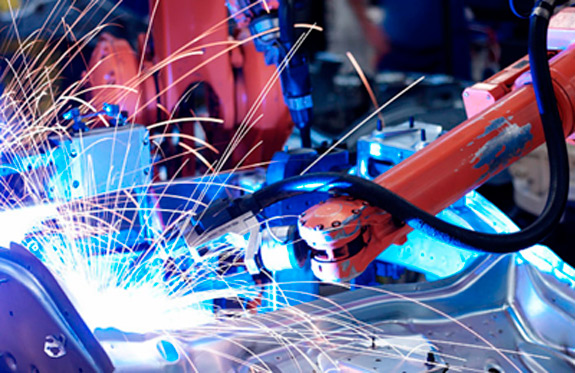The automotive industry is experiencing a revolutionary shift with the advent of autonomous vehicles. As we welcome this new era of transportation, it's crucial to delve into the intricacies of the technology that makes it all possible. One aspect that often goes unnoticed but plays a pivotal role in ensuring the smooth operation of autonomous vehicles is their thermal systems. In this blog post, we will explore the significance of automotive thermal systems in the context of self-driving cars.
Autonomous vehicles are equipped with sophisticated hardware, including powerful processors, sensors, and other electronic components. The continuous operation of these systems generates a considerable amount of heat. Efficient thermal management is essential to prevent overheating and maintain the optimal functioning of these critical components. From LiDAR sensors to computing units, the vehicle thermal management system ensures that these components operate within their temperature limits, enhancing the reliability and longevity of autonomous vehicles.
While the primary focus of automotive thermal systems in vehicles is often on cooling critical electronic components, they also play a crucial role in maintaining passenger comfort. The integration of advanced climate control systems ensures that occupants are provided with a comfortable environment, regardless of the external conditions. Managing the temperature inside the vehicle becomes even more critical when passengers are freed from the task of driving, allowing them to focus on other activities during their journey.
Autonomous vehicles must be capable of operating in diverse weather conditions, from scorching heat to freezing cold. The automotive thermal systems face the challenge of adapting to these extremes while maintaining optimal functionality. Engineers are continually developing innovative solutions, such as advanced cooling technologies and insulation methods, to address these challenges. A reliable thermal management system not only ensures the safety and performance of the vehicle but also contributes to the overall success of autonomous driving technology.
As the automotive industry transitions towards sustainability, energy efficiency is a key consideration in the design of autonomous vehicles. Thermal systems play a crucial role in optimizing energy consumption by ensuring that cooling and heating processes are executed with minimal impact on the overall power consumption. Striking the right balance between performance and sustainability is essential for the widespread adoption of autonomous vehicles and their integration into a greener and more environmentally conscious future.
The evolution of autonomous vehicles is an ongoing process, and so is the innovation in automotive thermal systems. From advanced materials to predictive analytics for thermal management, researchers and engineers are exploring new frontiers. The future holds exciting possibilities, including self-learning thermal systems that adapt to the vehicle's usage patterns and environmental conditions, further enhancing the efficiency and reliability of autonomous transportation.
In conclusion, as we embrace the era of autonomous vehicles, let's not forget the unsung heroes working behind the scenes—the thermal systems that ensure everything runs smoothly. From protecting electronic components to providing a comfortable environment for passengers, these systems are the heartbeat of self-driving cars, making the journey not just autonomous but also safe, comfortable, and sustainable.
